In English
26 de maio de 2021
A Place to Talk (and Be Heard!) – Level 3
Article published in Joca 171
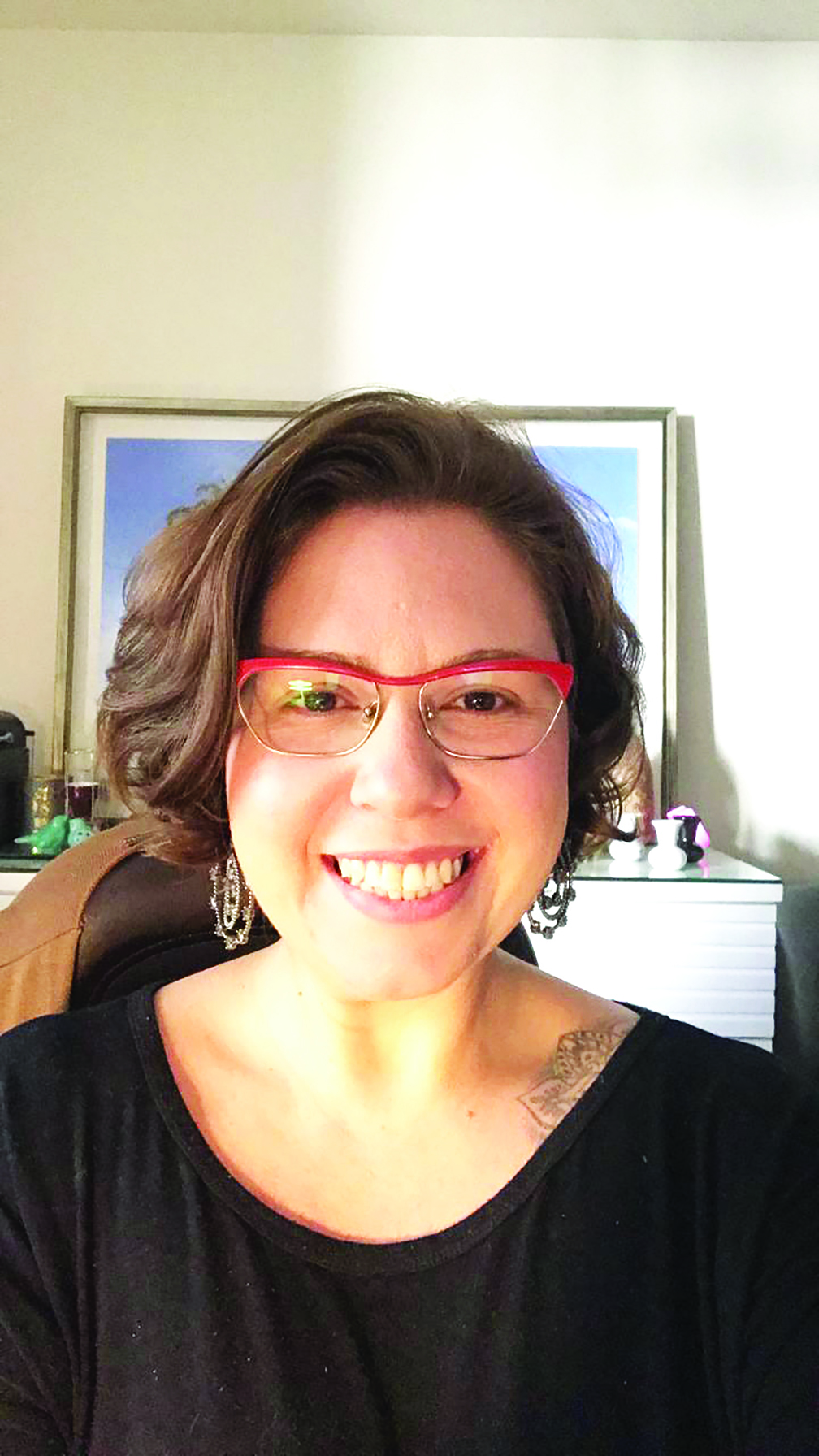
Dropping out of school (when young people stop studying) has always been an important issue- and it has been even more under the spotlight during the Covid-19 pandemic because of school closings and distance learning. Even though it started well before the new Coronavirus emerged and classrooms became physically inaccessible, the Vez e Voz project deals precisely with the issue of young people not going to school anymore as a result of some challenge they face. The initiative’s goal is to provide a space for teenagers to talk, express their needs, and feel heard.
Created in 2017 by educator Ana Carolina Dorigon, Vez e Voz works with schools to address students’ emotional intelligence and other skills. To find out more, one of the project participants, Gabriel M., 15, was the junior reporter for this issue. He interviewed Ana Carolina and two other young collaborators of Vez e Voz, 20-year-old Juan Gabriel and 17-year-old Vinicius.
What led you to create Vez e Voz?
Ana Carolina: As a teacher of teenagers, I saw that there was no place that provided the added support young people need to be able to develop. When I was leaving the private school where I was employed and went to work with social projects aimed at children, young people, and adults, I realized that there was a lack of projects geared at towards teenagers. With this in mind, in the second half of 2017, I created Vez e Voz to develop the social skills of young people so they would be in charge of their own development and show that they have a lot of potential.
How did you get to know Vez e Voz?
Juan: I was invited to participate in the project by my school’s principal in 2020. She explained that it was a class, but I was suspicious because school classes are usually paid for, and I was not able to pay for one. When she explained that the project had to do with school dropouts, I was very interested and signed up. That was because I myself had already dropped out of school twice, in 2015 and in 2016, because of emotional problems and other personal issues. At that time, no one looked after me or offered me a kind word.
Vinicius: I found out through a teacher who had helped organize the students’ union. He told me about the project, and I went to the meeting. In the beginning, I did not think it was very important. But after I saw how they talked to me and paid attention to what I had to say, I realized that it was important. I felt welcomed and was completely enthralled with the project.
Did the pandemic affect the project’s implementation?
Ana Carolina: The project was initially designed to be online. It is not suitable for the in-person format based on how often we hold it (many of the students are from different schools and areas). We are also working extensively on the emotional intelligence skills of young people who are going through this very difficult time.
What is the project’s routine?
Ana: Currently, there are three mediators. They meet once to twice a week, and have a workload of 18 hours. We work on emotional skills, such as having creative potential to find solutions, among other things.
Do you think Vez e Voz contributes to your educational training?
Juan: The project changed my life. I met young people like me there. I learned about self-knowledge, how to understand what my limits are, and I learned a lot about empathy.
Vinicius: The project taught me a lot. It taught me not to put people on the same level and to understand that not everyone is the same. Each person has an entire universe within them.
Do you use social networks a lot?
Ana: The idea was to expand to Instagram. My desire was to create a profile where young people could post for other young people. But the young volunteers from Vez e Voz came up with ideas and became responsible for creating the TikTok account, the podcast, the YouTube channel, and the website. We are working on building a debate platform with forums and lots of interaction.
Vinicius: The podcast, to me, is part of a dream. I am really enjoying talking to people who have agreed to participate.
Juan: It was an achievement for me too. I’m always thinking about it and how we can make it better.
What do you see for Vez e Voz’s future?
Ana: I want this to expand to the rest of Brazil. We want to increase accessibility, take it to other regions besides São Paulo. Always maintaining the quality but growing too. Who knows, outside Brazil too?
Questions
1) When did the Vez e Voz project start?
a) In 2017
b) In 2020
c) In 2021
d) In 2019
2) What do you think of talking about school dropout?
Ixi! Você bateu no paywall!
Ainda não é assinante? Assine agora e tenha acesso ilimitado ao conteúdo do Joca.

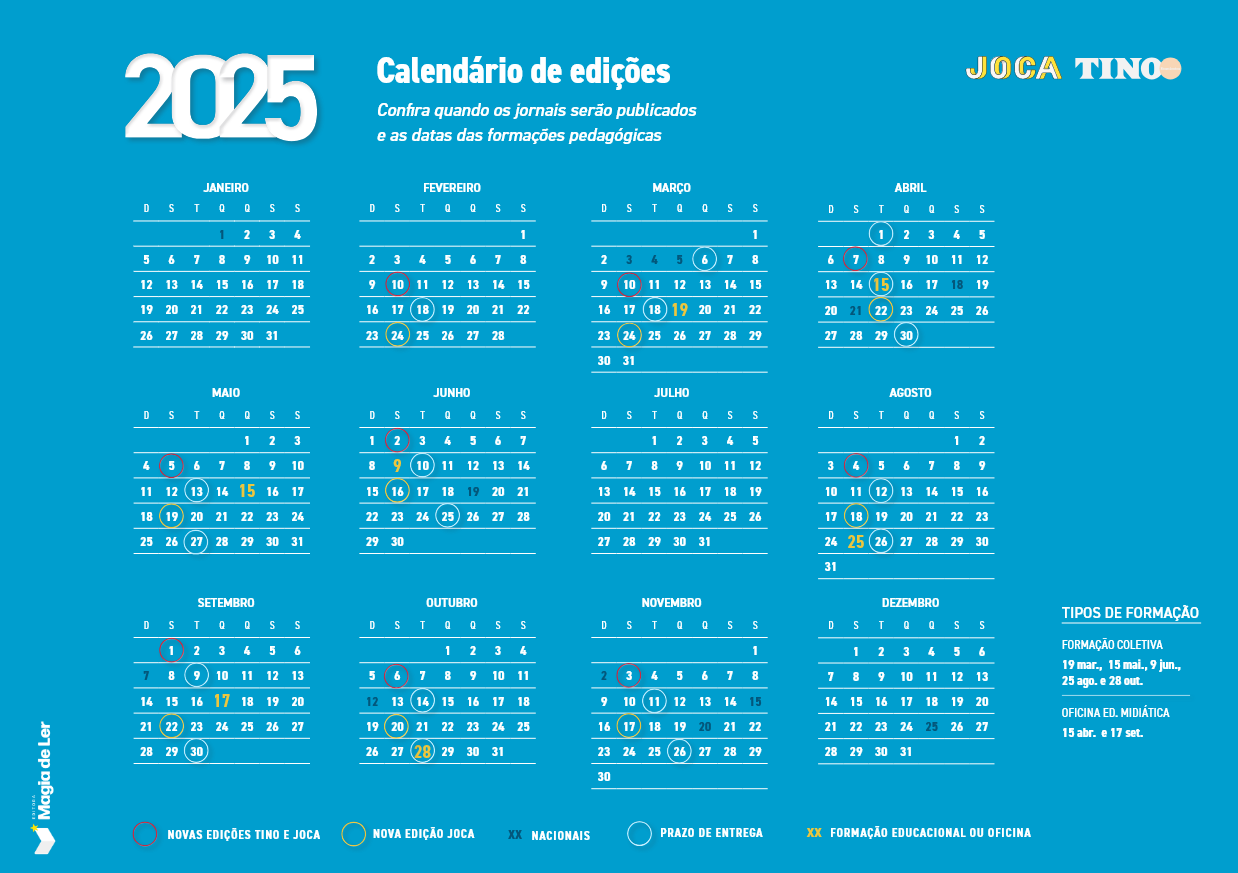
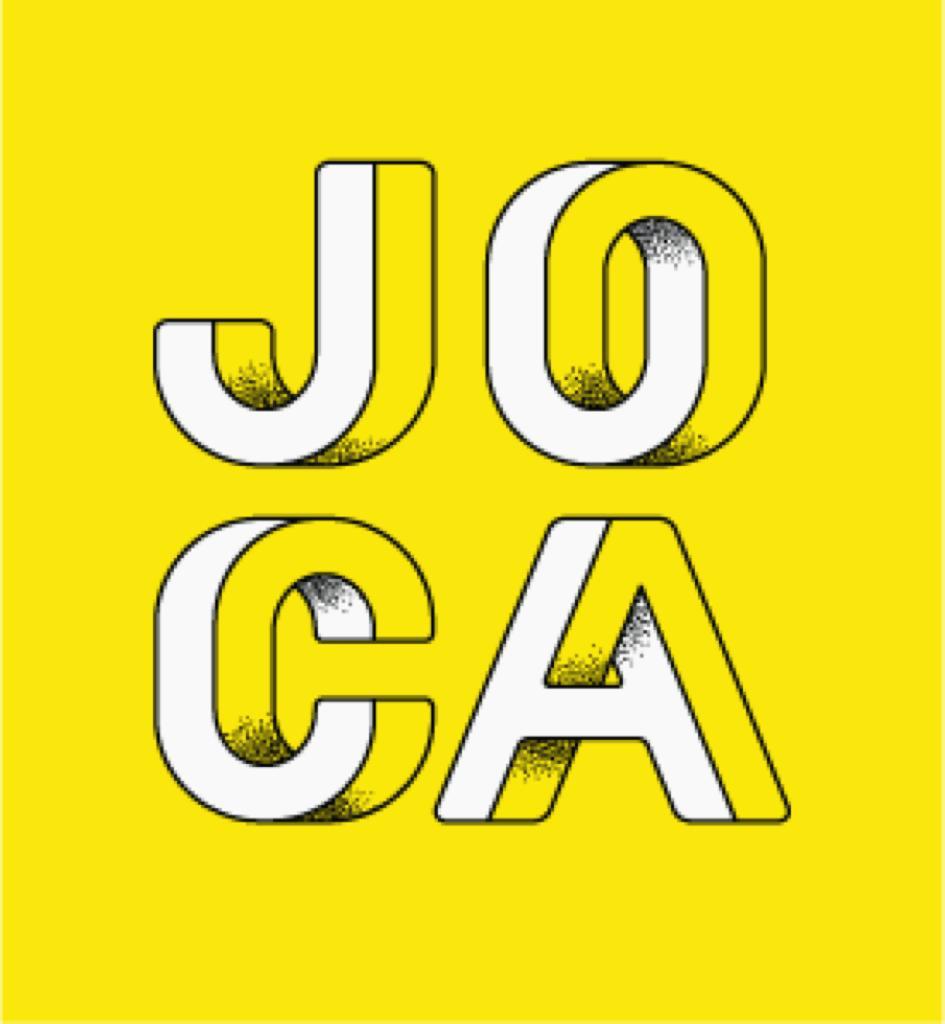



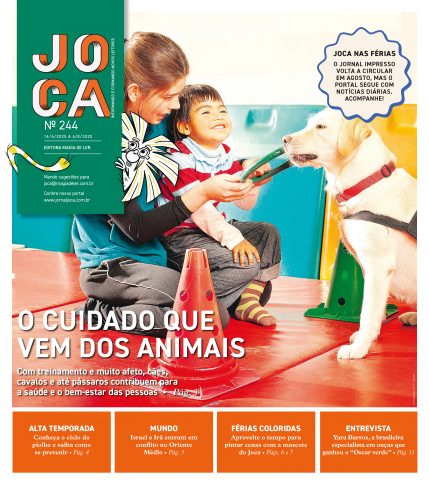

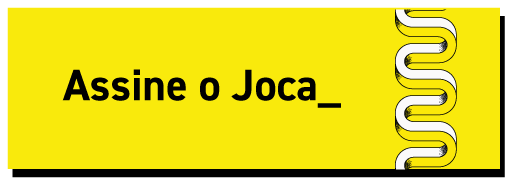
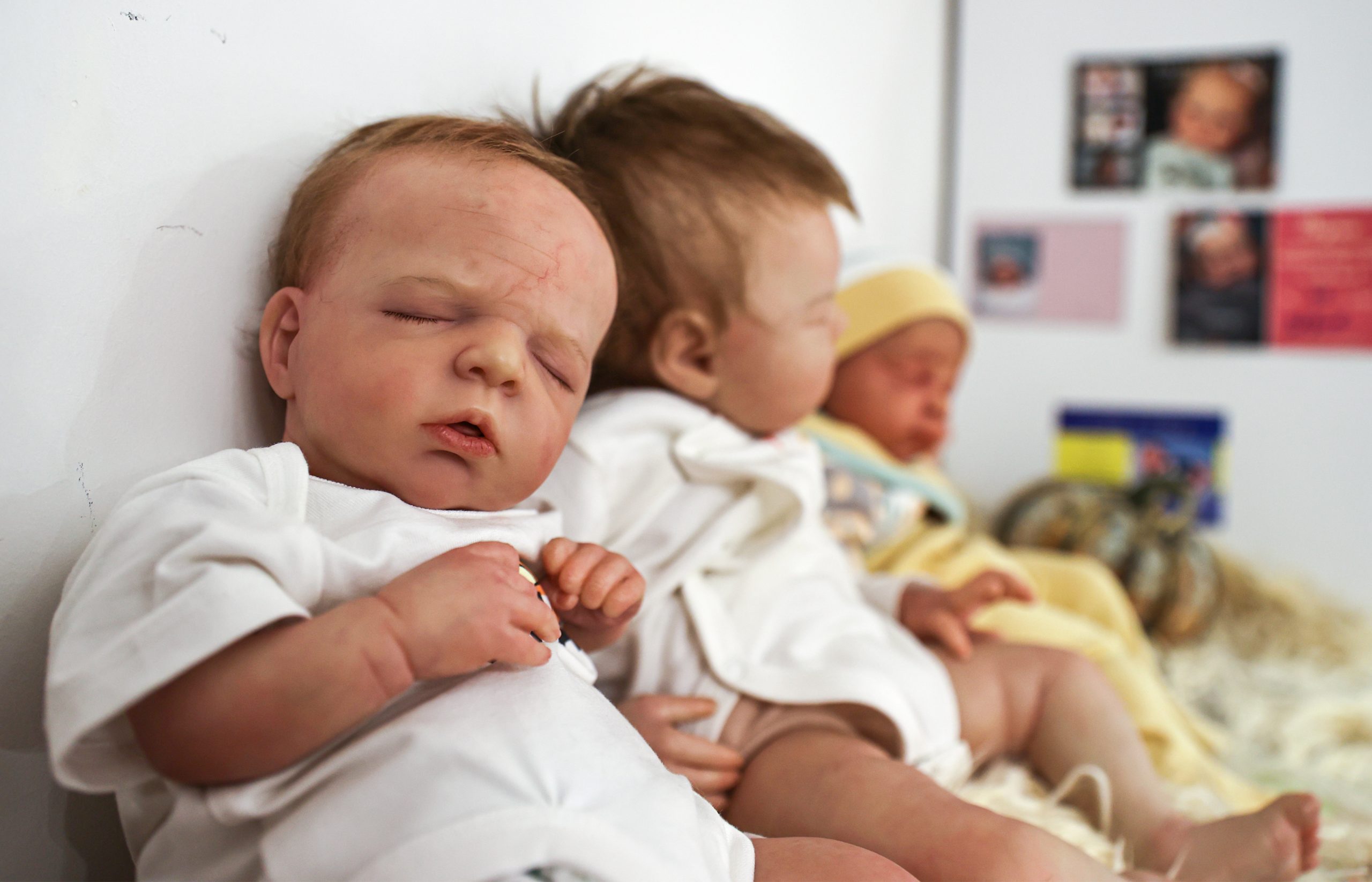
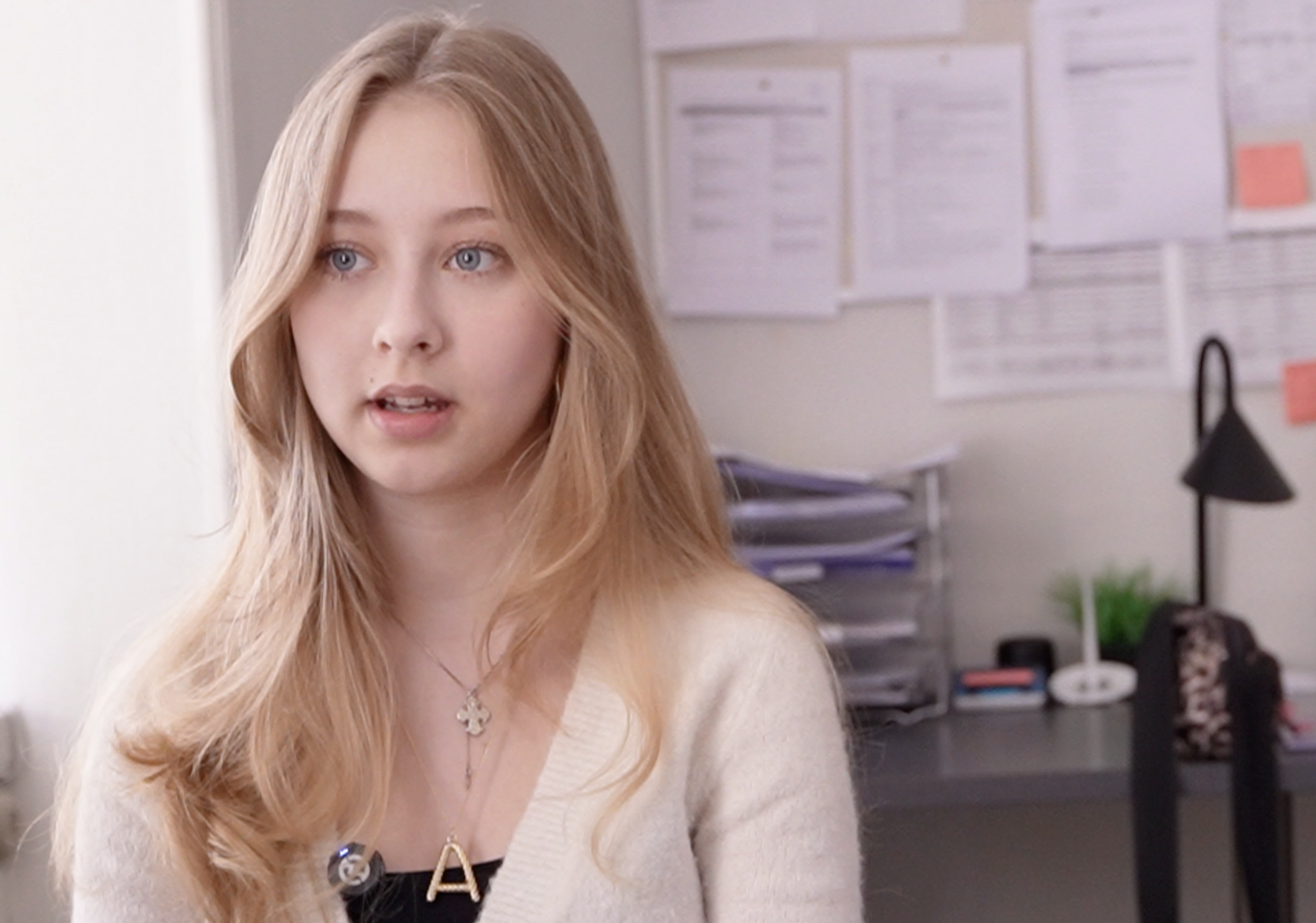
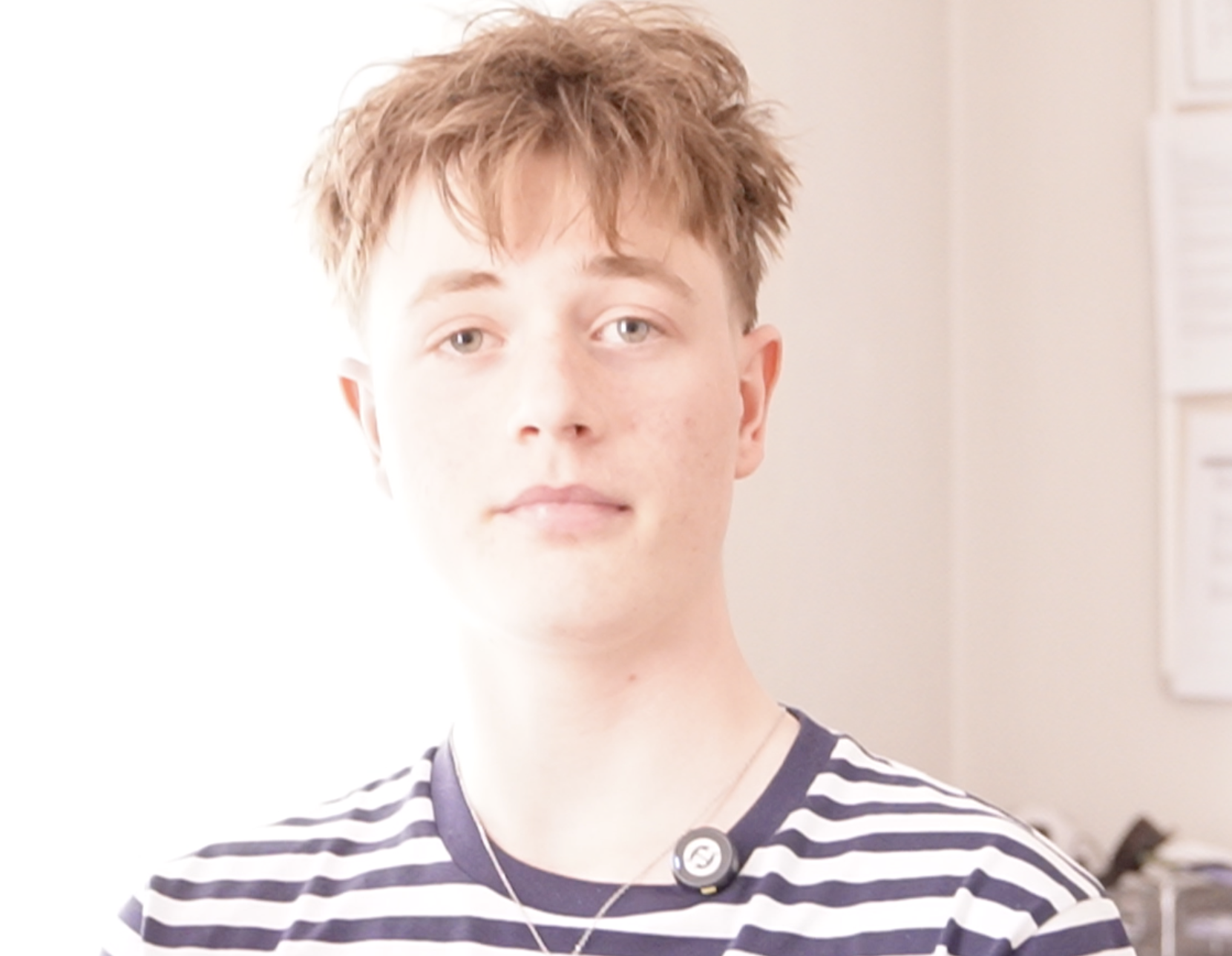
Você precisa fazer o login para publicar um comentário.